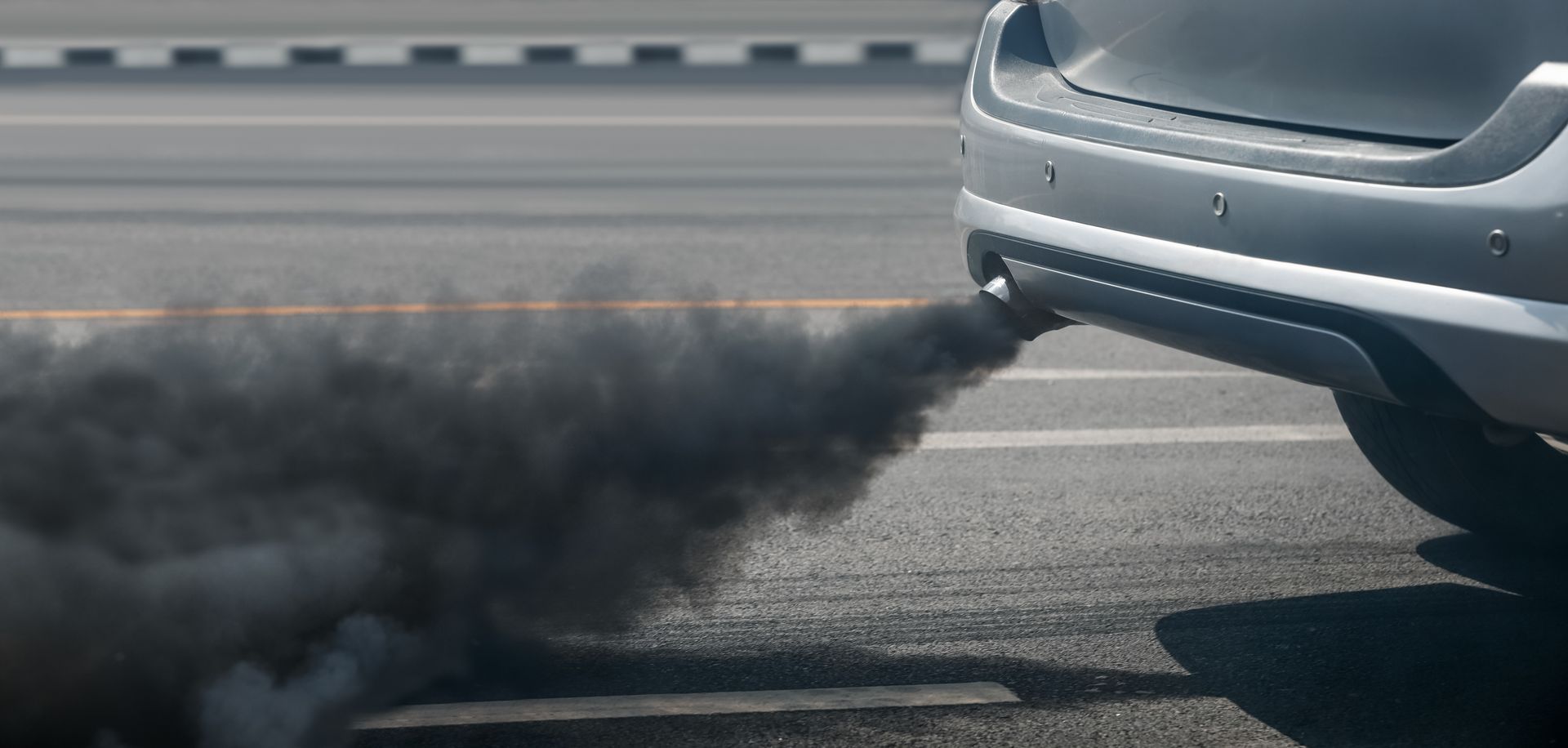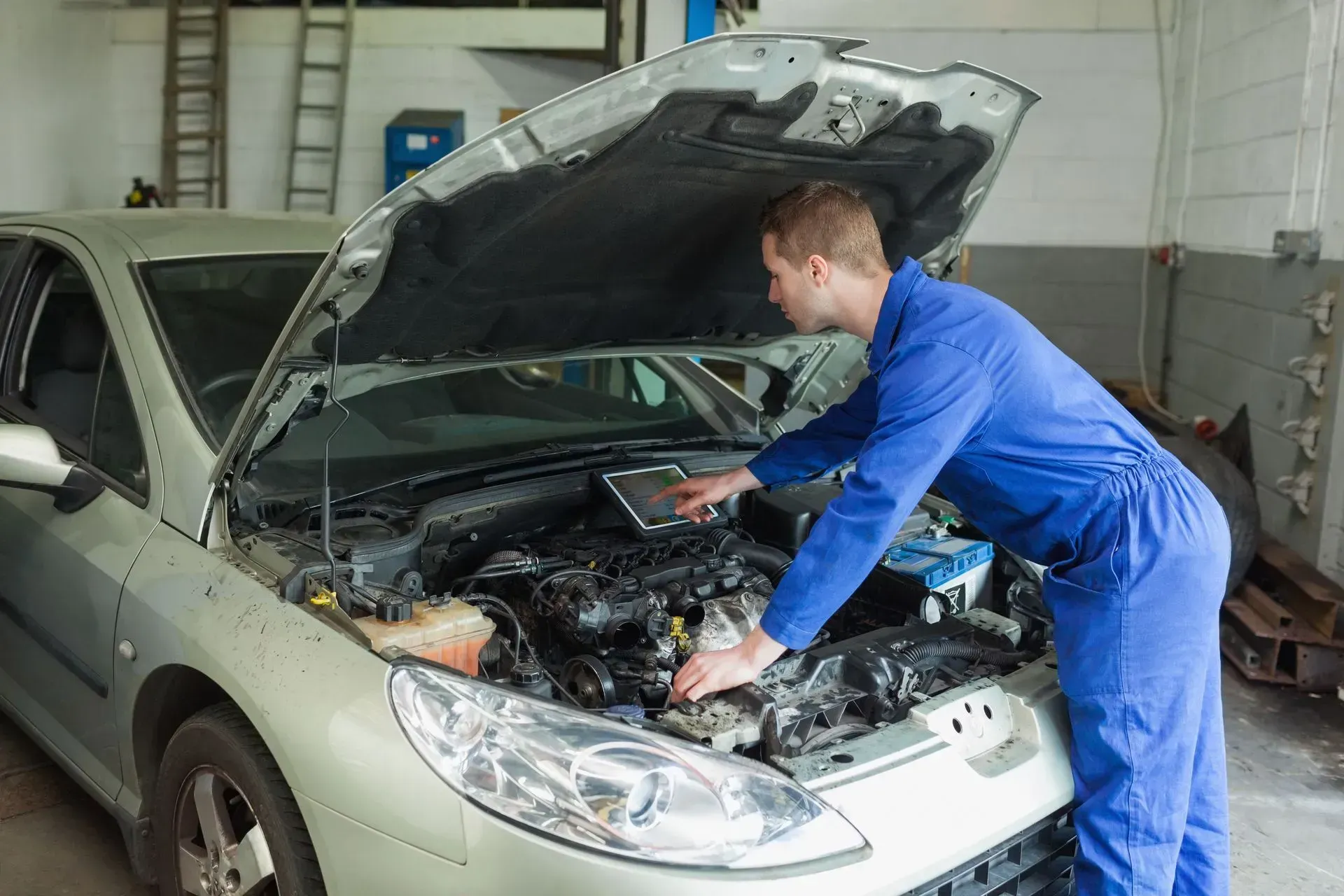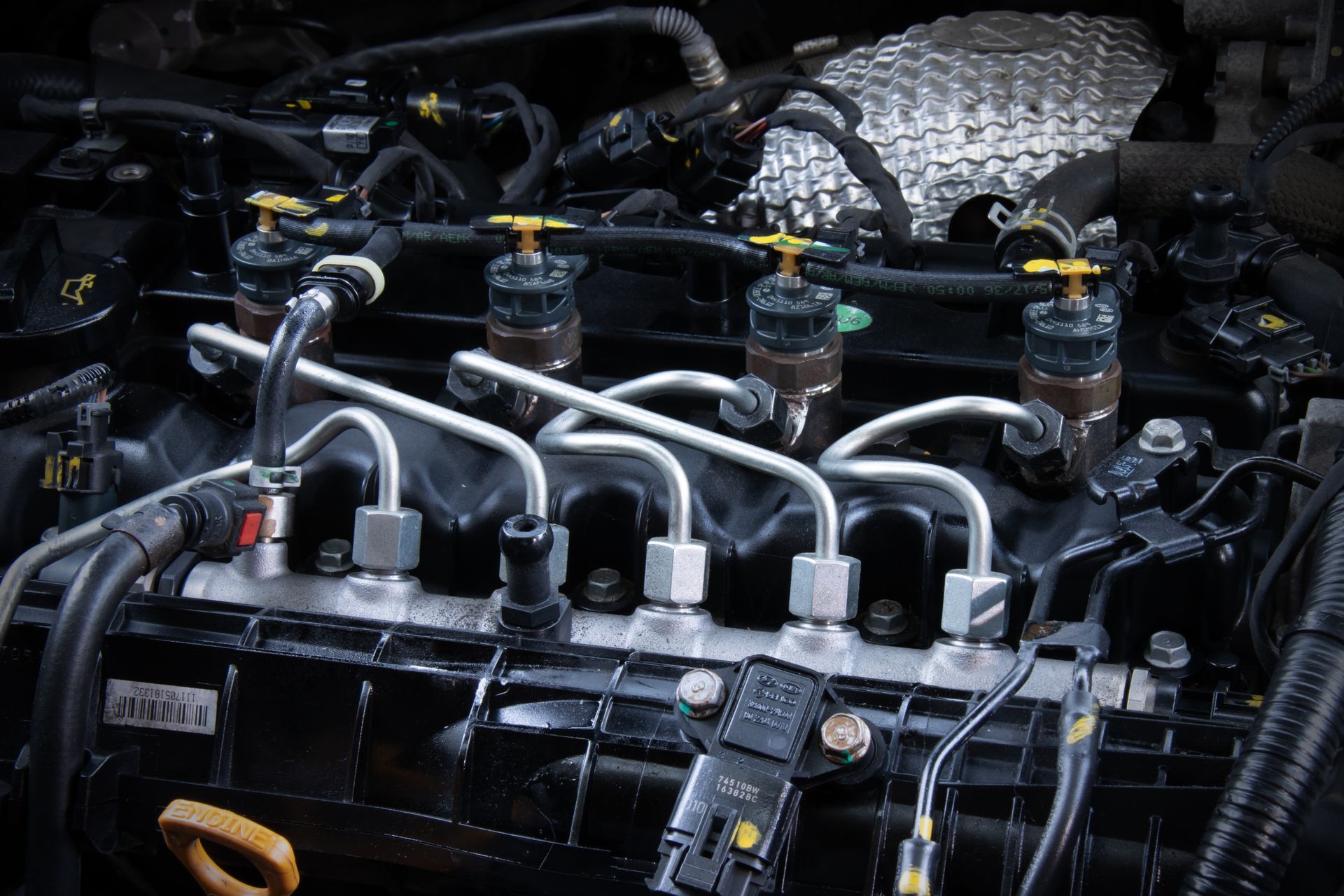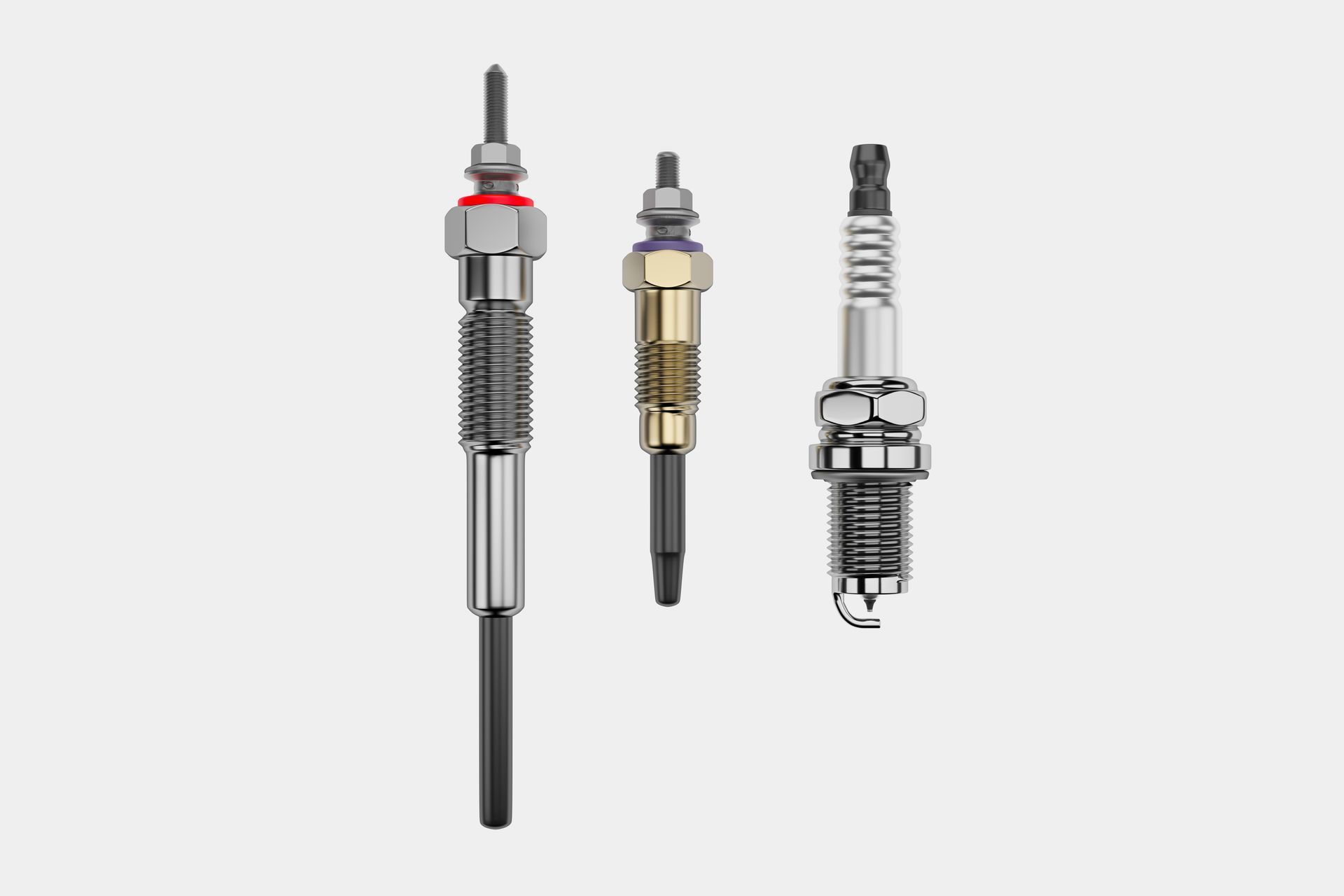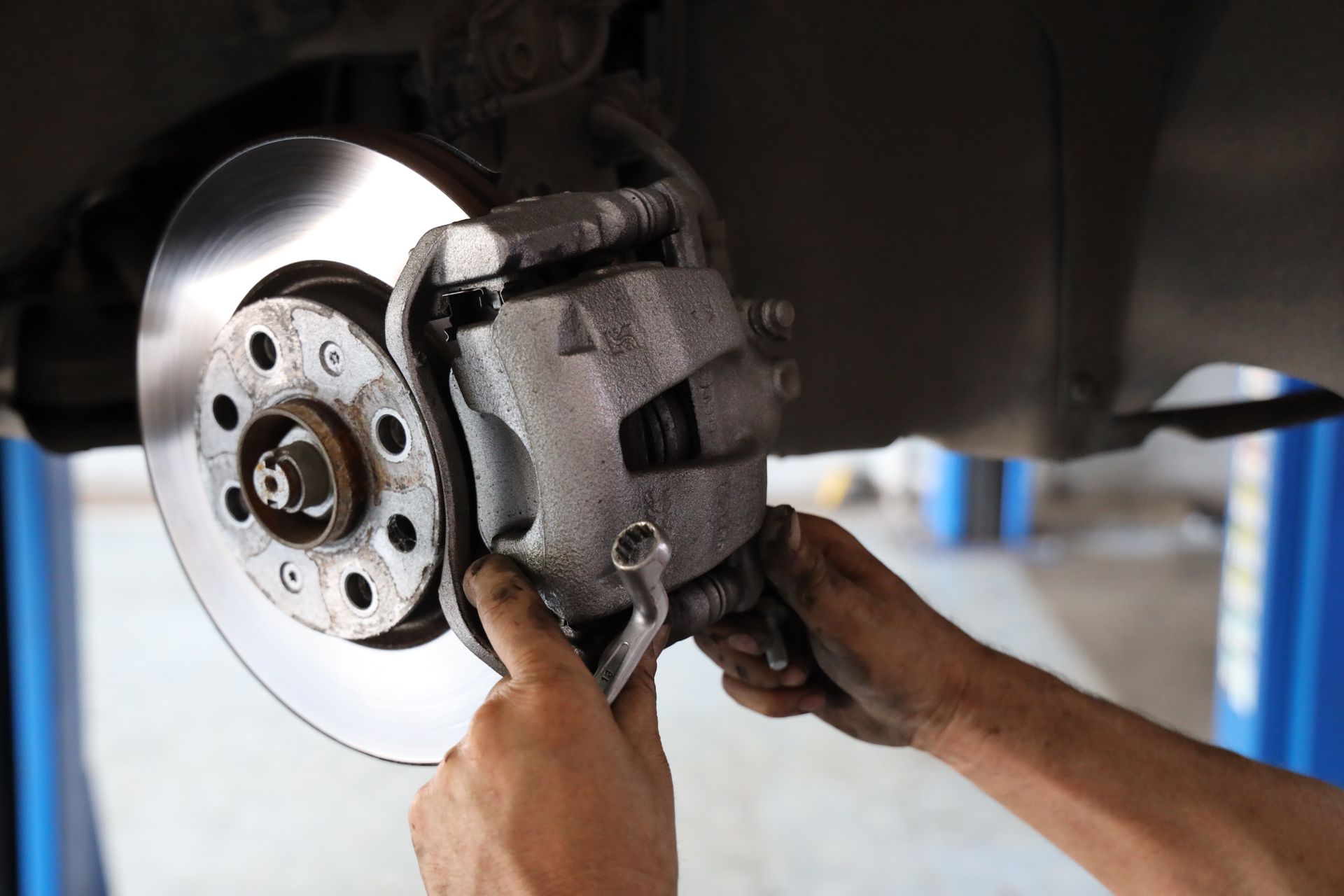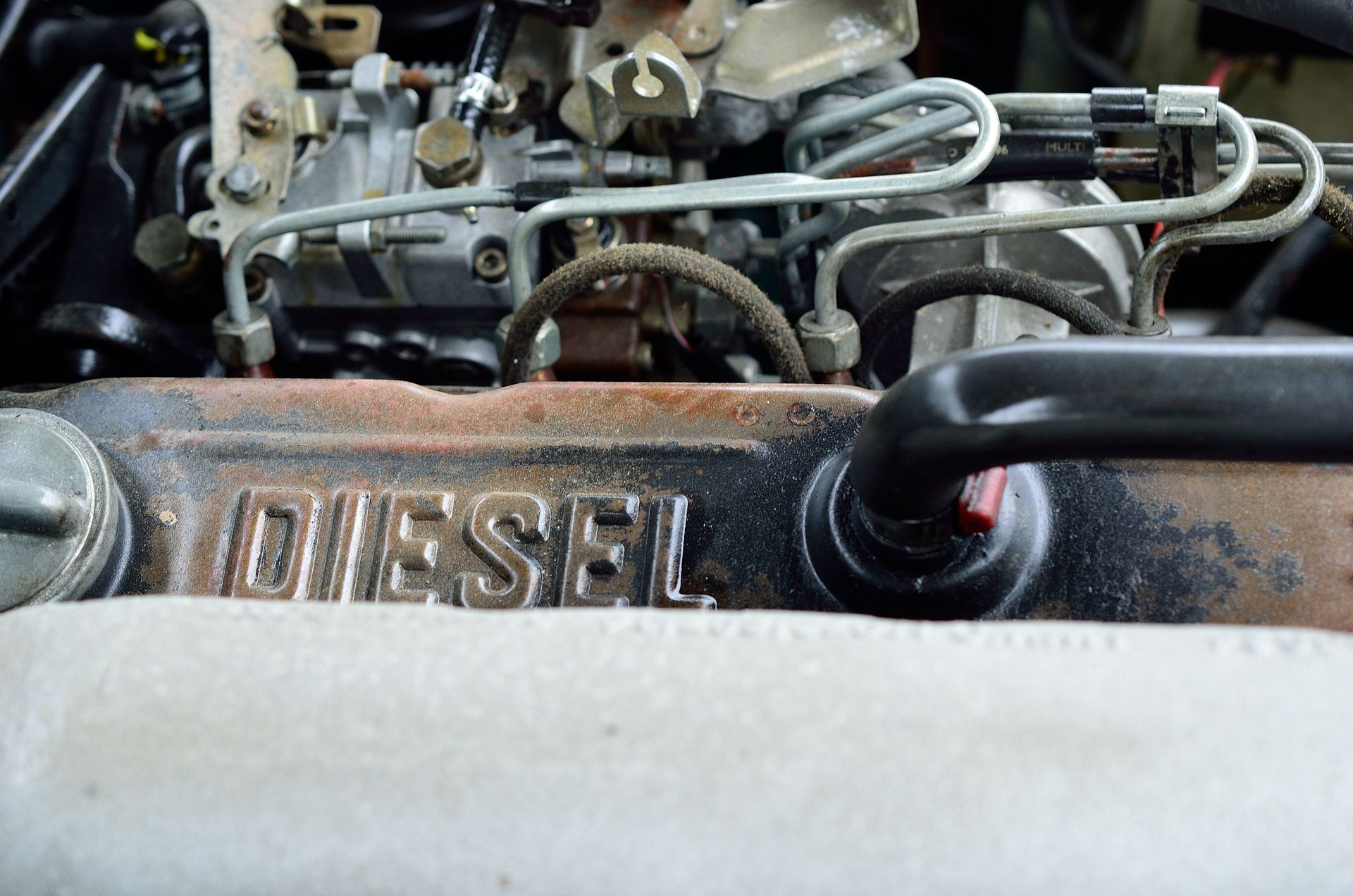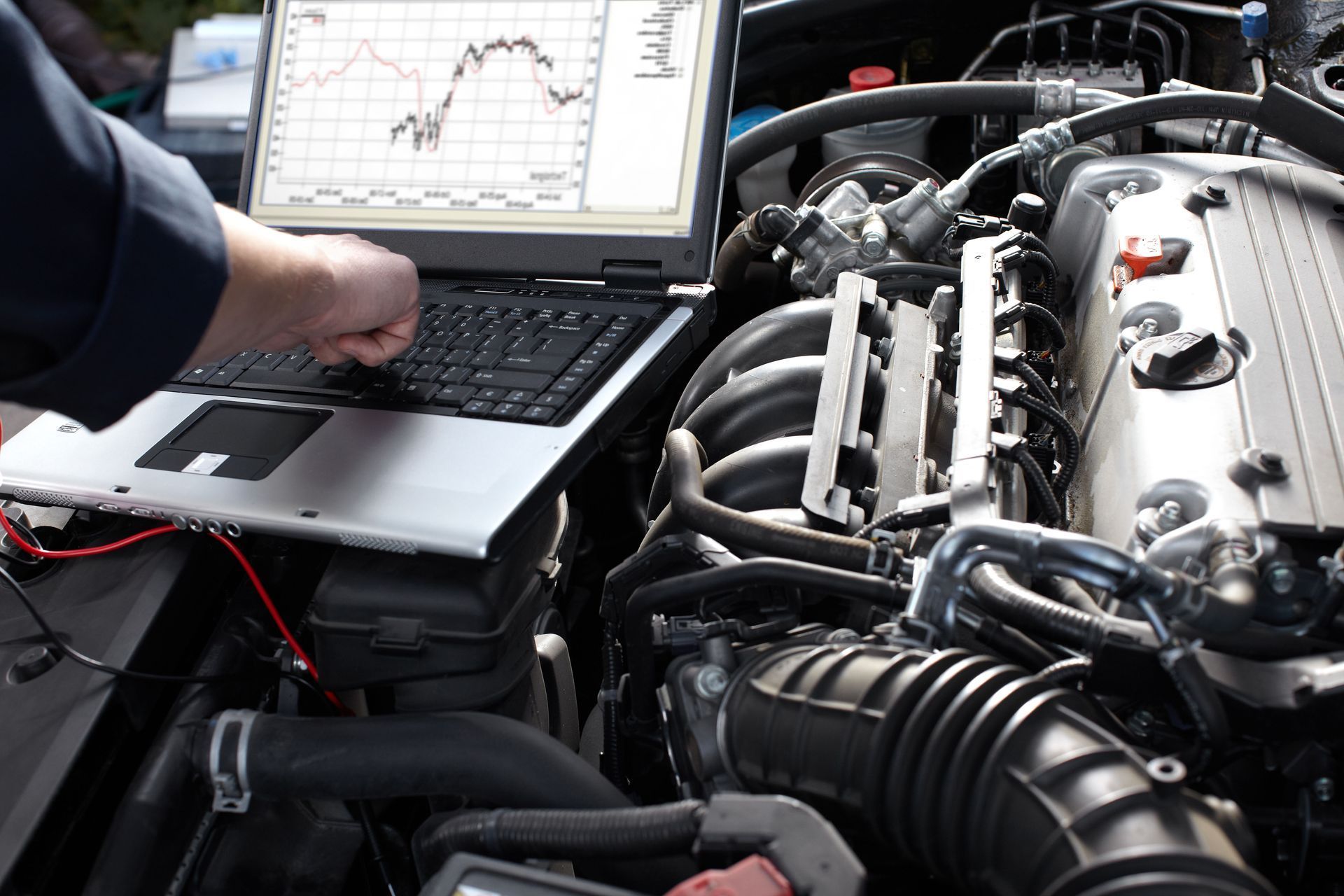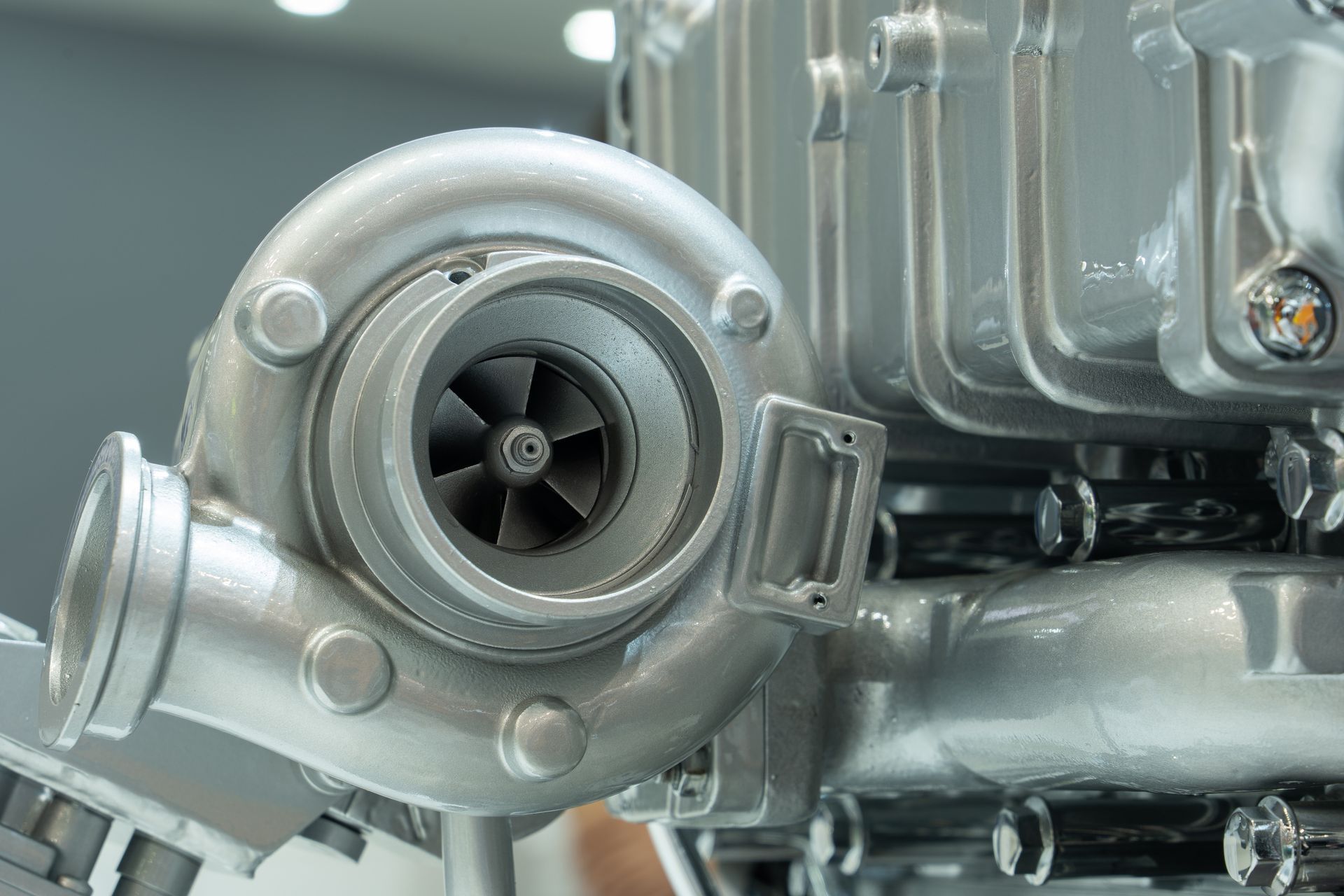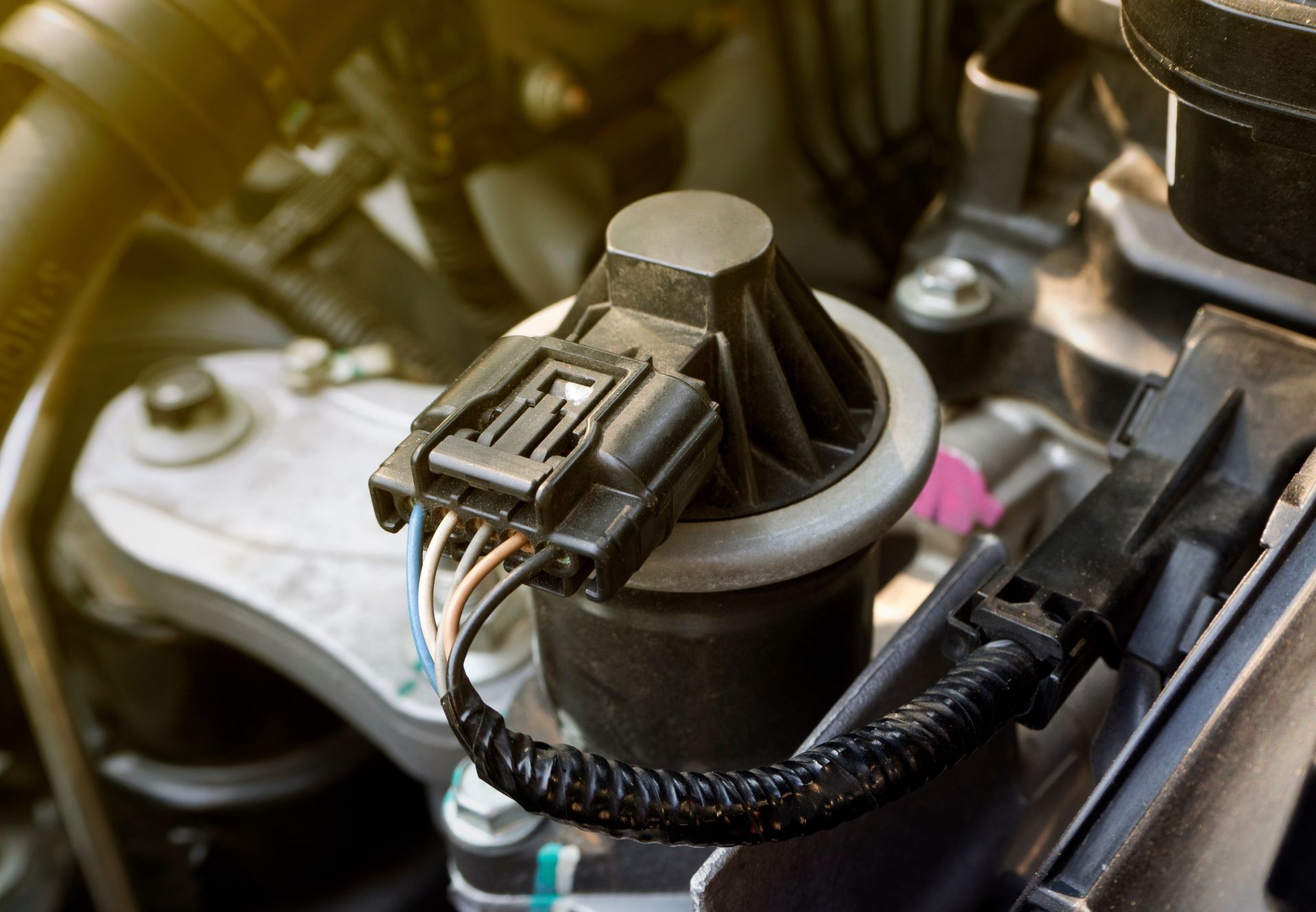Keeping your car clean isn’t just about looking good. Professional detailing goes beyond surface shine to protect your vehicle’s exterior and interior from wear, weather, and aging. If you've ever wondered whether it's worth the effort or cost, the answer is yes, especially if you want your vehicle to last.
Detailing is more than a fancy wash. It includes thorough cleaning, conditioning, and protection for both the exterior and interior of your car. Over time, UV rays, road debris, spilled drinks, and even everyday dust can wear down materials and cause your car to look and feel older than it is. A solid detailing routine helps fight back against that.
Why the Paint Needs Protection
Your car’s paint is exposed to harsh conditions every day. Sunlight, salt, rain, bugs, and pollutants slowly break down the clear coat that protects the color underneath. Once that clear coat wears away, the paint becomes vulnerable to fading, oxidation, and peeling.
A detailing service includes washing to remove contaminants, followed by polishing to correct light scratches and swirl marks. The final step is applying a protective layer such as wax or ceramic coating. This layer helps repel water, block UV rays, and shield against dirt and debris. Regular paint protection can extend the lifespan of your car’s finish and prevent the need for repainting.
Interior Detailing Preserves Comfort and Value
Inside the car, materials like leather, vinyl, and fabric also degrade over time. Sunlight can fade and crack dashboards, while dirt and oils from hands and skin wear down seat surfaces and door panels. A thorough interior detailing process includes vacuuming, shampooing, and conditioning.
This isn’t just about appearances. Clean surfaces are less likely to develop cracks, stains, or odors. By keeping the interior fresh and well-maintained, you not only make the driving experience more enjoyable, but you also preserve resale value. A clean, damage-free interior often makes a big difference when trading in or selling your vehicle.
The Role of Seasonal Detailing
Different seasons bring unique threats to your car’s condition. In warmer months, high UV exposure and road dust can dull the paint and damage rubber trim. During winter, salt and moisture can speed up rust and corrosion, especially on the undercarriage.
Seasonal detailing allows technicians to apply products suited for current conditions. In winter, this might include underbody protection and stronger sealants. In summer, it may involve UV-blocking conditioners for plastic and leather. Adjusting your detailing schedule to fit the seasons is one of the smartest ways to protect your car year-round.
Detailing vs. a Basic Car Wash
You can run your car through an automatic car wash every week, but that won’t replace what a detailing service provides. Car washes remove surface dirt, but they often miss hidden areas where grime builds up. Some even use harsh brushes that can create fine scratches in your paint.
Detailing is a hands-on process that reaches into all those hard-to-reach spots, including between seats, under trim, and around vents. The tools, products, and techniques are designed to treat your vehicle gently while giving it lasting protection. Over time, this approach reduces the likelihood of cosmetic damage and helps keep your vehicle in like-new condition.
When Should You Detail Your Vehicle
There’s no single rule for how often to detail a car, but many drivers find that two to three times per year is ideal. If your car is parked outdoors most of the time, driven frequently, or sees harsh weather, more frequent detailing may be needed.
Even if you’re not a car enthusiast, investing in detailing a few times a year can make a big difference in how your vehicle ages. Think of it as preventive care, just like oil changes or tire rotations.
Protect Your Vehicle’s Look and Comfort with Help From Key Diesel and Auto Service
If your vehicle’s paint is looking dull or your interior feels worn, it might be time for a professional detail. At Key Diesel and Auto Service in Williamston, MI, we offer thorough detailing services that help protect your investment and keep your car looking and feeling great.
Book your appointment today and enjoy the difference a clean, well-maintained vehicle makes.
